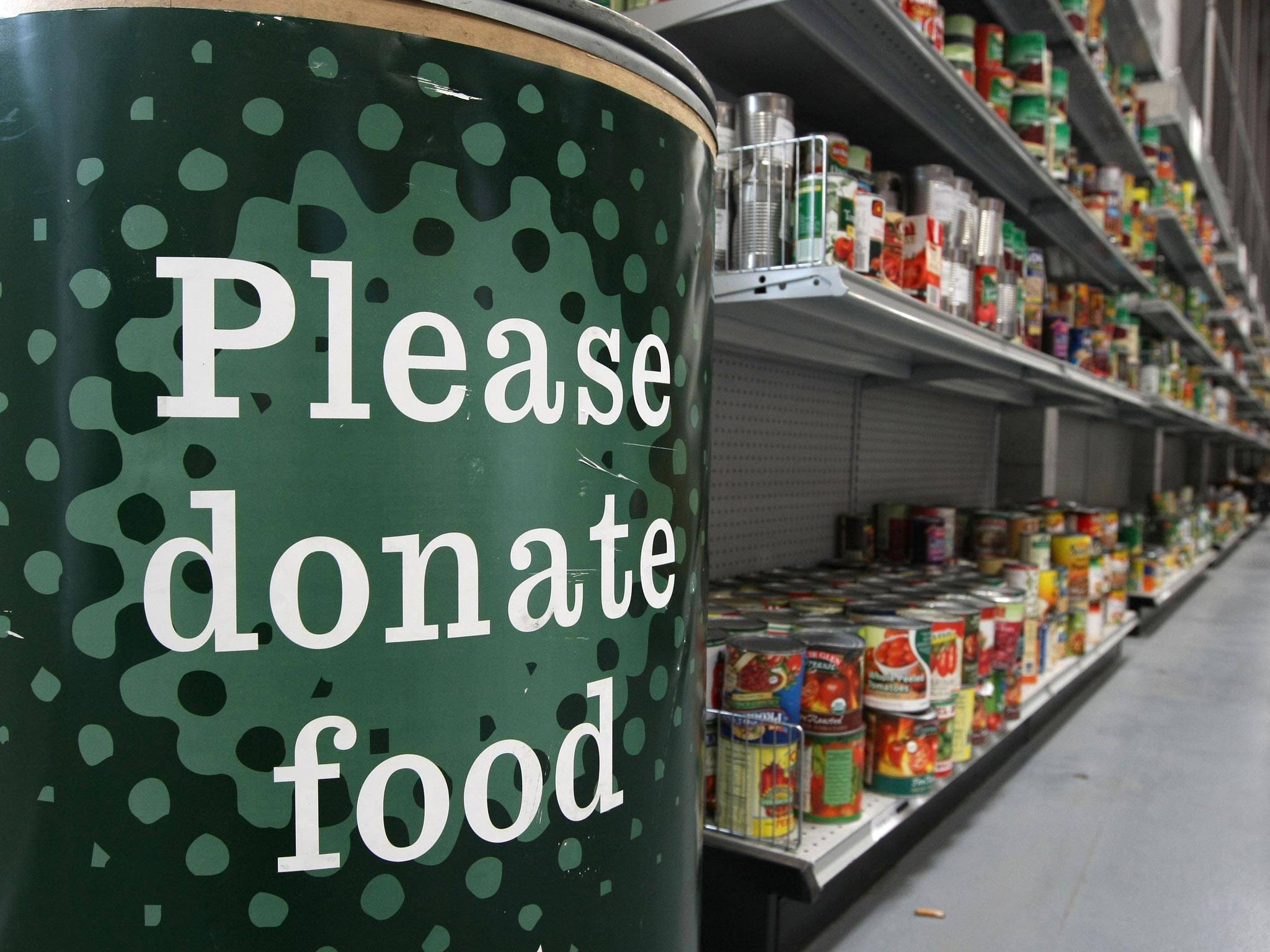Stephen Armstrong, an investigative journalist, published his book ‘The New Poverty’ this year, in an attempt to document a troubling new trend in Britain: in-work poverty. The Gryphon spoke to him last week as he visisted Sheffield to talk about those who are in employed, yet in poverty in Britain.
In a backroom of the Showroom Cinema in Sheffield, spectators greeted by cups of squash upon entrance, Stephen Armstrong eloquently painted a bleak picture of a modern Britain, steeped in inequality and on the brink of collapse. Heavy chat for a Tuesday evening. Perhaps the most troubling focus of Armstrong’s work is that it shows that poverty is no longer reserved for those who are unemployed. Two thirds of those in poverty also have a job. Wages no longer cover people’s basic needs, and those who work don’t necessarily have a roof over their heads.
“we forget to look up to see whose million pound pay cheques are getting bigger while we squabble over petty change…. we fail to challenge the fact that as we bicker, the rich are getting richer”
In the fifth largest economy in the world, we are not paying our workers enough to survive. Poverty is never something to be praised or accepted, but it’s easy to ignore when it’s a thing for the underbelly of society, those who are out of the picture. Out of sight, out of mind? Not any longer. Poverty is seeping into our system, creeping up the stairs into more and more families’ homes. It can no longer be ignored.

For these people being undercut by society, it is only getting worse. In 2015, The Joseph Rowntree Foundation, an independent research group focusing on inequality and social justice, added a new category to its measurements of poverty; ‘destitution’. Under their categorisation, to be in poverty is ‘when a person’s means are not sufficient to meet their minimum needs’. To be destitute is to face sleeping rough, having one or no meals a day, for two or more days, being unable to heat or light their homes for five or more days, going without weather-appropriate clothes or without basic toiletries twice or more in a single month. Just under a million and a half people were declared destitute at some point in 2015. Amongst these figures were 312,000 children.
Armstrong’s work underlines a bleak cycle of low wages, a system which punishes rather than helps those in need, and a press which vilifies the most vulnerable. What’s evident of poverty here is that once you are in, you can’t get out. And most importantly, what is clear in Armstrong’s discussion is that this is no accident.
Armstrong’s book exposes that people are plunged into poverty by the systematic pursuit of profit and not welfare. Does this sound like another loony lefty trying to get you to smash the system? That may well be the case, but the hard facts are there. The system isn’t working, two thirds of British people in poverty are employed, and child poverty is at an all-time high.
“Poverty is never something to be praised or accepted, but it’s easy to ignore when it’s a thing for the underbelly of society, those who are out of the picture.”
In highlighting this, his work also shows us the simplest, most age old political statement; we need to stop looking down and start looking up in pursuit of solving our problems. Without fail, every day we are bombarded by terrible images of those on the lower rungs of our society. Benefit scroungers, homeless addicts, thieving immigrants. We learn to hate them all. And out of this, someone benefits. Every time we accept these images, we take one step closer to blaming the poor for our problems. These are the people who are stealing our jobs and having more kids just to get more benefits. Why would we want to help them?
Out of this of course, we forget to look up to see whose million pound pay cheques are getting bigger while we squabble over petty change. It feels like a tired argument, a stale one, yet consistently and repeatedly we fail to challenge the fact that as we bicker, the rich are getting richer.
So how do we get out of this mess? Armstrong’s book is a fantastic exposure of the huge problems Britain faces, but with very few solutions. Because the problem is, his work and his speech are nothing new. We’ve heard it all before. His talk was heartfelt and intensely interesting, but it was made to a room full of people who already see a problem with Britain today. His book will surely be bought by the same circle who already yell at marches against Tory cuts, and read The Guardian, and hate The Sun.
The system is spiraling out of control and it seems the same people are benefiting, the same people attempting to put plasters over gaping tory cuts. What is new though, is quite how far it’s gone. The Britain he depicts is one at a turning point. One way we look to more poverty, pain and division, and one to positive and lasting change. Perhaps finally something will change and Britain will face a complete re-thinking of who our system is being run for.
Claire Wilsher
[Images: Amazon, Getty Images]

